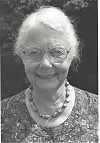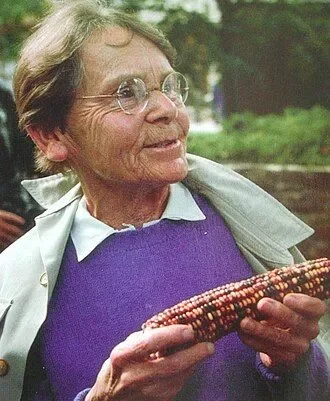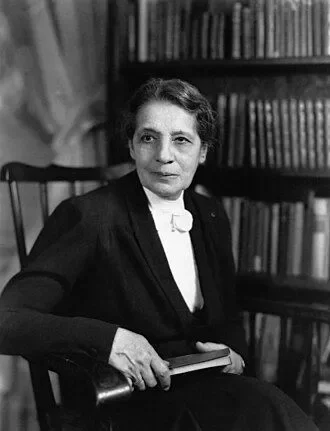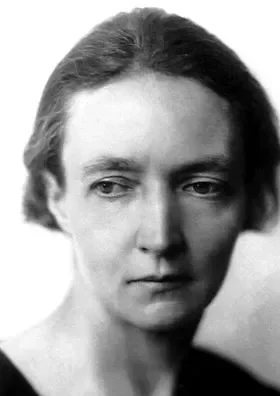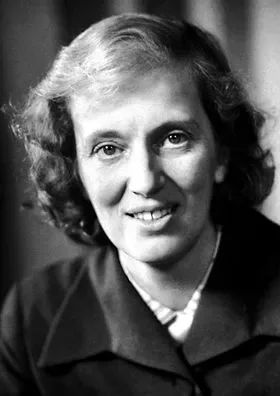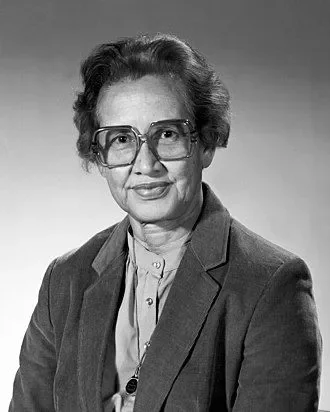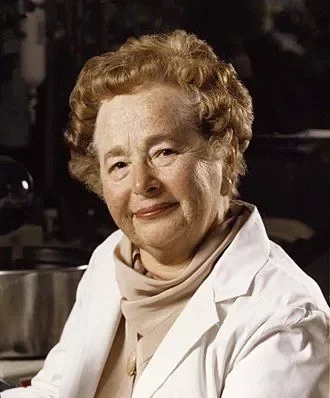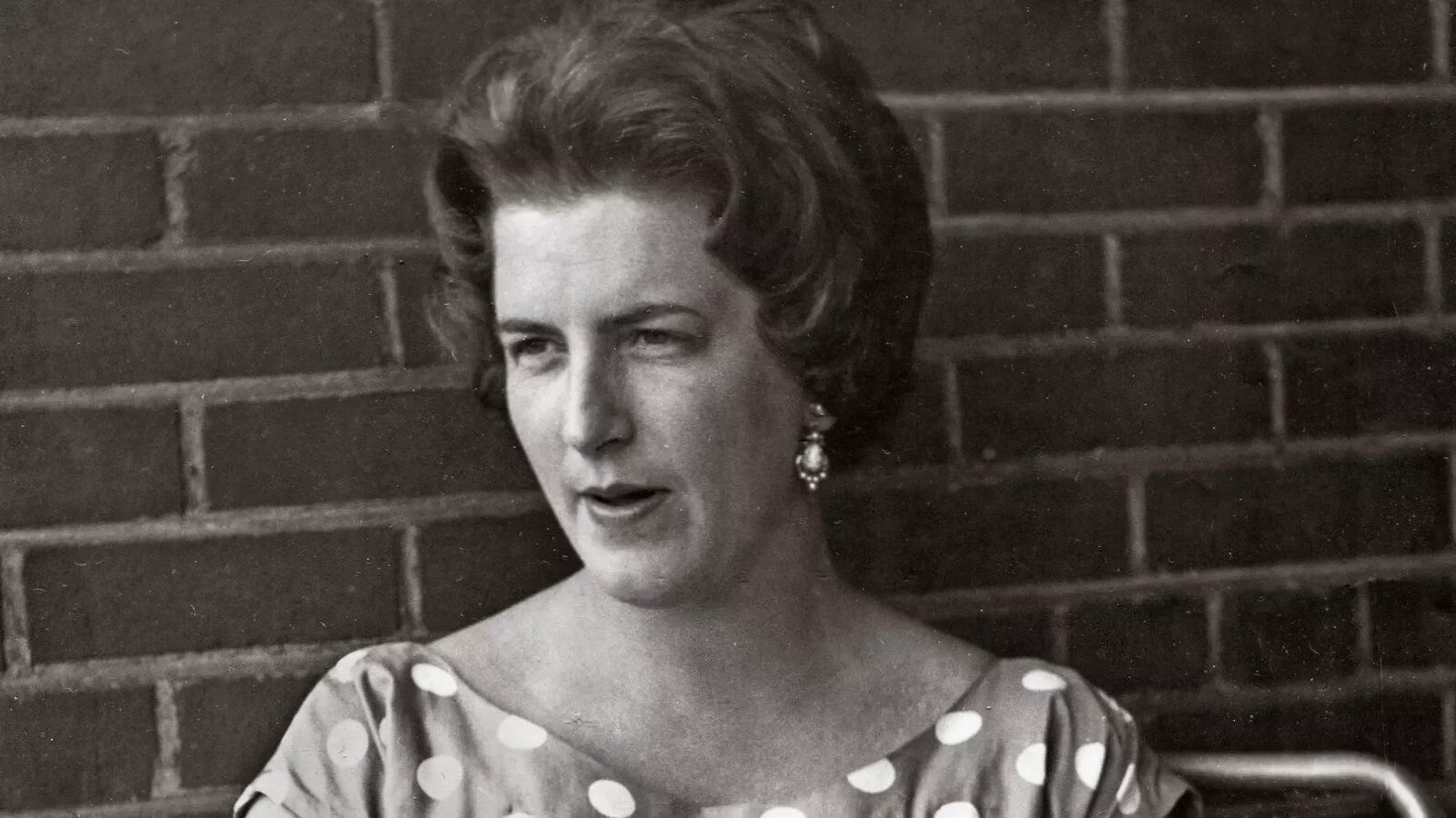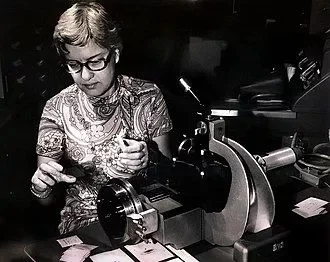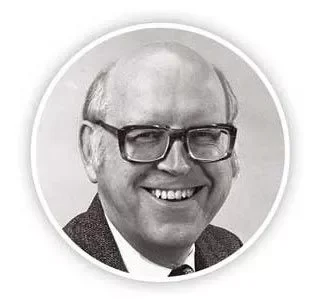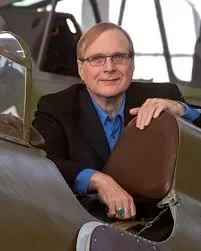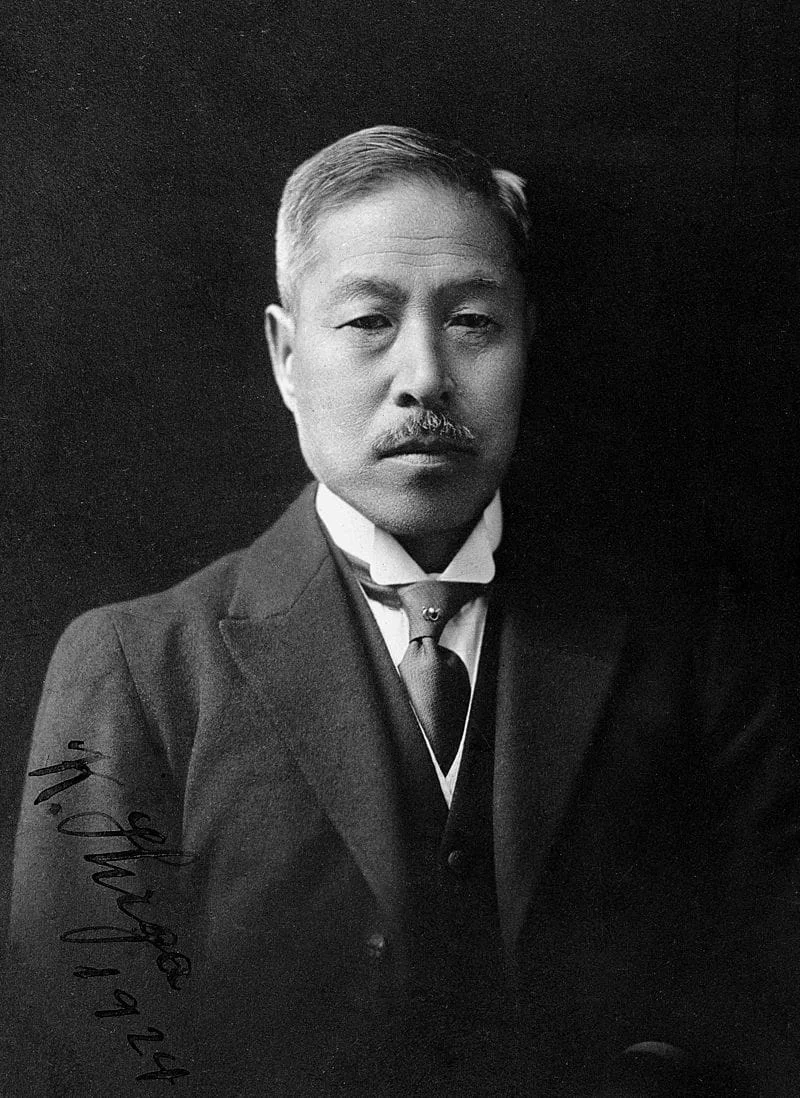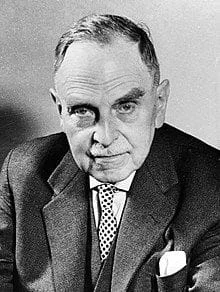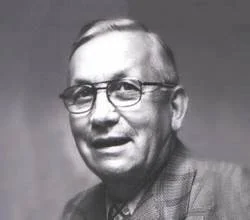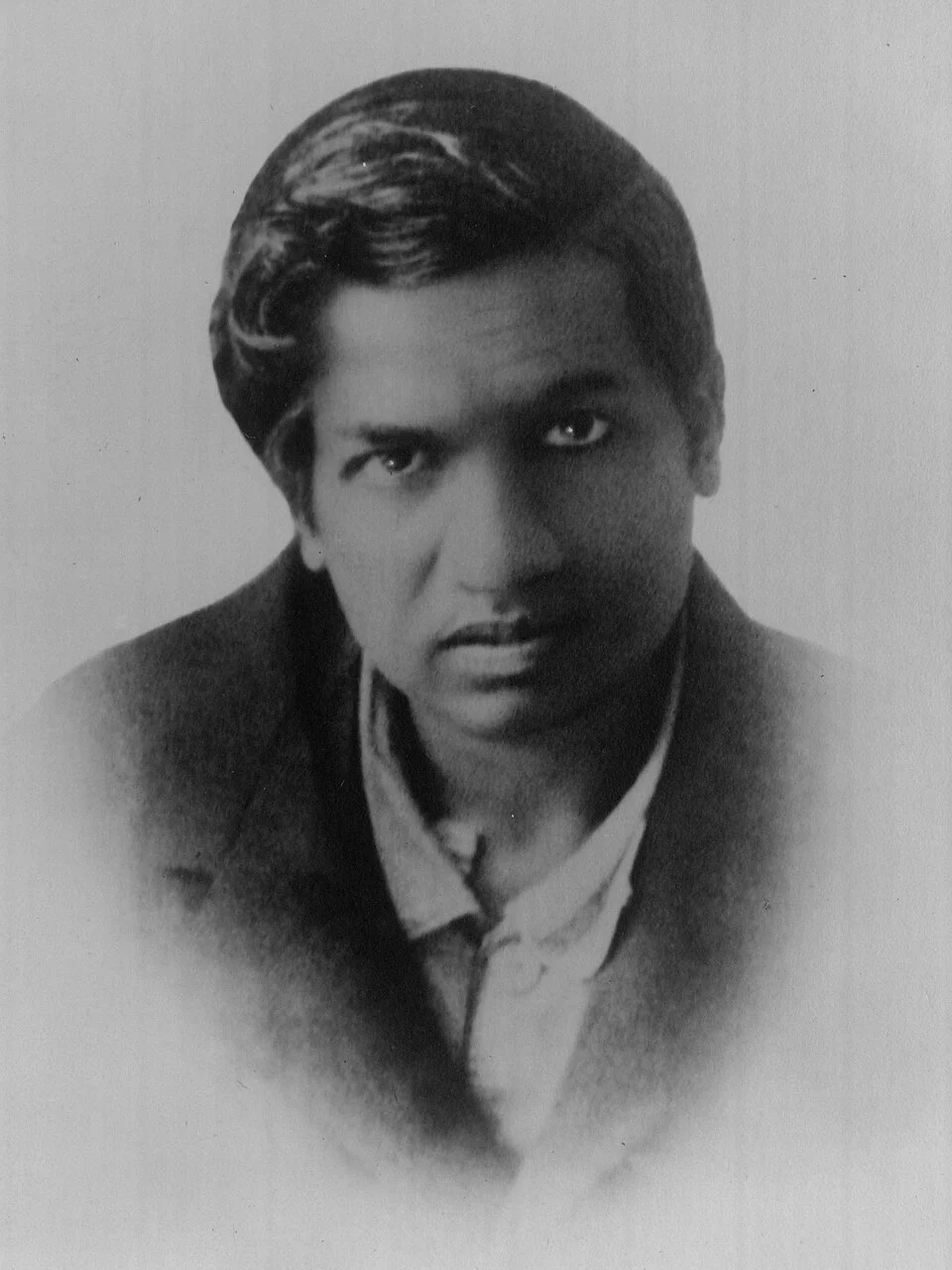Real Celebrities Never Die!
OR
Search For Past Celebrities Whose Birthday You Share
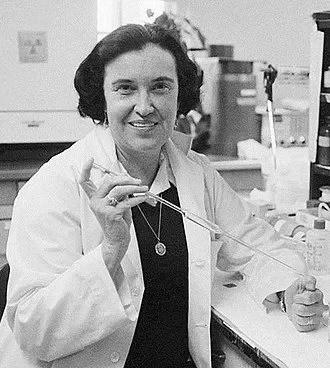
source:wikimedia.org
Rosalyn Sussman Yalow
Birthday:
19 Jul, 1921
Date of Death:
30 May, 2011
Cause of death:
Natural causes
Nationality:
American
Famous As:
Medical physicist
Age at the time of death:
89
Rosalyn Sussman's Quote's
Early Life and Education
Rosalyn Sussman Yalow was an American medical physicist whose groundbreaking work revolutionized the field of endocrinology and earned her a Nobel Prize. Her life story is one of perseverance, brilliance, and dedication to science.
Born on July 19, 1921, in New York City, Rosalyn Sussman grew up in the Bronx. Her parents, Clara and Simon Sussman, were immigrants who valued education despite their own limited schooling. From a young age, Rosalyn showed a keen interest in mathematics and science.
Rosalyn’s academic journey began at Hunter College, where she initially planned to major in chemistry. However, inspired by her professors and the story of Marie Curie, she switched to physics. In 1941, she graduated magna cum laude as Hunter College’s first physics major.
Breaking Barriers in Graduate School
Despite facing gender discrimination, Rosalyn persevered in her pursuit of higher education. In 1941, she secured a teaching assistantship at the University of Illinois, becoming the only woman among 400 faculty members. It was here that she met Aaron Yalow, her future husband and fellow physicist.
Rosalyn completed her Ph.D. in nuclear physics in 1945, overcoming numerous obstacles along the way. Her determination and brilliance set the stage for her future groundbreaking work.
Professional Career and Achievements
After completing her doctorate, Rosalyn worked briefly as an engineer and then as a physics professor at Hunter College. In 1947, she began her long association with the Bronx Veterans Administration Hospital, where she would make her most significant contributions.
Radioimmunoassay: A Revolutionary Technique
In 1950, Rosalyn began collaborating with physician Solomon Berson. Together, they developed radioimmunoassay (RIA), a technique that uses radioactive isotopes to measure minute quantities of biological substances in blood and other fluids.
This groundbreaking method revolutionized endocrinology, allowing for precise measurements of hormones, vitamins, and other substances previously too small to detect. RIA’s applications were far-reaching, from diabetes research to drug testing in sports.
Nobel Prize and Legacy
In 1977, Rosalyn Yalow was awarded the Nobel Prize in Physiology or Medicine for the development of RIA, becoming only the second woman to receive this honor. Despite this recognition, Yalow and Berson chose not to patent their technique, making it freely available for the benefit of medical research worldwide.
Throughout her career, Yalow mentored numerous scientists, fostering the next generation of researchers. Her work laid the foundation for significant advancements in endocrinology, including the development of new diabetes treatments.
Personal Life and Later Years
Rosalyn married Aaron Yalow in 1943, and they had two children together. She balanced her groundbreaking research with family life, demonstrating that women could excel in both spheres.
Rosalyn Sussman Yalow passed away on May 30, 2011, in New York at the age of 89. Her legacy lives on through the countless lives improved by her work and the generations of scientists she inspired.
Today, Rosalyn Sussman Yalow is remembered not only for her scientific achievements but also as a trailblazer for women in STEM fields. Her life story continues to inspire aspiring scientists around the world.
Name:
Rosalyn Sussman
Popular Name:
Rosalyn Sussman Yalow
Gender:
Female
Cause of Death:
Natural causes
Spouse:
Place of Birth:
Bronx, New York, USA
Place of Death:
Bronx, New York, USA
Occupation / Profession:
Personality Type
Her RIA technique was not patented, allowing widespread use in medicine.
She mentored Mildred Dresselhaus, a future MIT physicist.
She was the only woman among 400 faculty at the University of Illinois physics department in 1941.
She worked at the Bronx VA Hospital for over 40 years.
Awarded the Albert Lasker Basic Medical Research Award in 1976 (first woman recipient).
Co-developed radioimmunoassay (RIA) in the 1950s
Inducted into the National Women’s Hall of Fame in 1993.
Received the National Medal of Science in 1988.
Won the Nobel Prize in Physiology or Medicine in 1977

